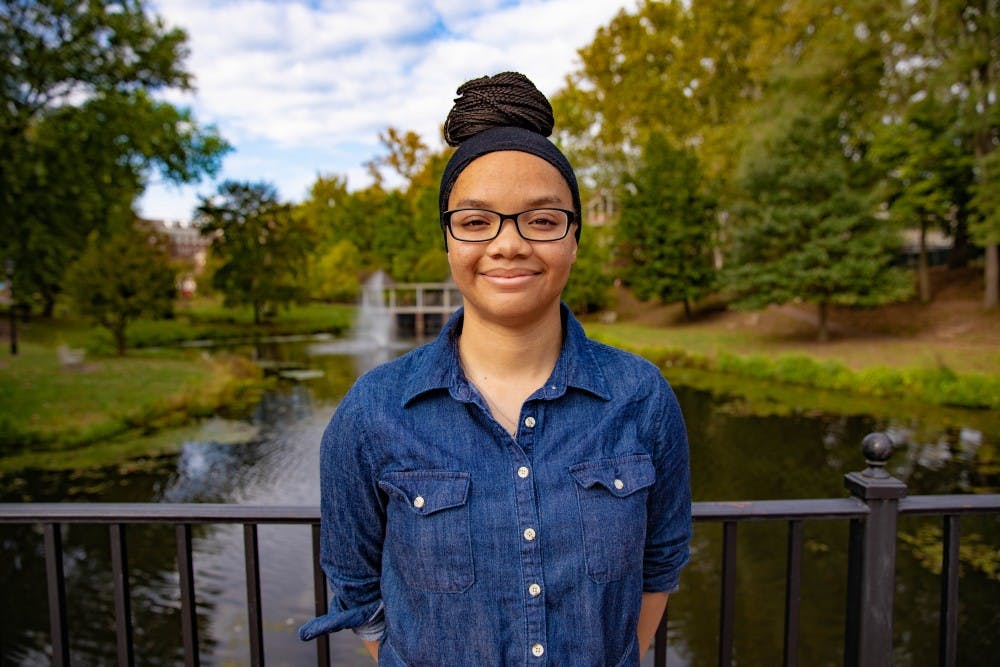February is a time of love, whether romantic or familial, but more importantly, it is a month that celebrates black culture. The month is reserved to honor the achievements and contributions of black people to society. While honoring, there also needs to be an informational aspect to this month.
Black History Month was initially celebrated in the second week of February for the birthdays of Abraham Lincoln and Frederick Douglas. It wasn’t until 1976 that President Gerald Ford officially recognized the month.
The month exists solely to educate others about growing up black in America. While conditions have improved for black people, society is on a steady decline from previously accomplished goals. Just last month, a young, black man was told that he needed to cut his dreadlocks or he will face suspension.
Growing numbers in white supremacist groups makes this month that much more important. According to the Anti-Defamation League, in 2019, white supremacist material was spread across the U.S. by 120%. Also from the ADL, there were 2,713 reported cases of white supremacist propaganda. The nation needs to be educated on the suffering of black people to prevent those examples of extremism.
To combat white supremacy, black history in the education system should be improved. Slavery is a sensitive subject in schools. Black History Month is the key to understanding that black people have contributed more to society than just peanut butter.
This year, during an especially contentious election cycle, is the 150th anniversary of the 15th Amendment, which grants black men voting rights by declaring that the right to vote “shall not be denied or abridged by the United States or by any state on account of race, color, or previous condition of servitude.”
While great, the celebration really lies in the passage of the Voting Rights Act, which was passed in 1965 and prohibited barring black people from voting. So, while celebrating the 100th year of women’s suffrage, let’s not forget to celebrate African Americans’ right to vote either.
People who claim to be “colorblind” ignore the suffering that minorities go through. Educating on and celebrating Black History Month might heal a broken society.
Iana Fields is a freshman studying English creative writing at Ohio University. Please note that the views and opinions of the columnists do not reflect those of The Post. Want to talk to Iana? Tweet her @FieldsIana.






